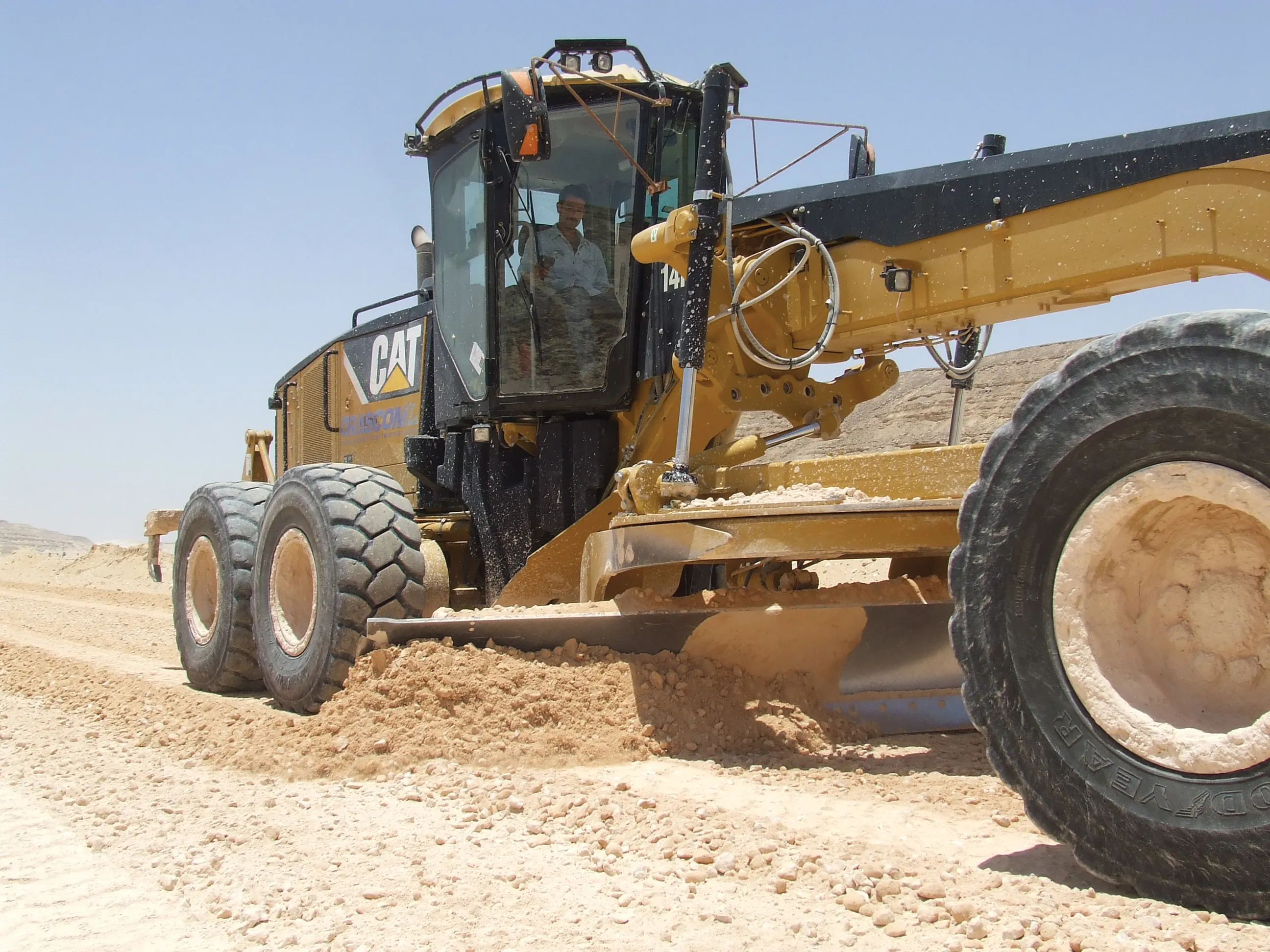According to the government of Indonesia, US$490.7 billion (IDR 6,000 trillion) will be needed in the next five years for a series of major infrastructure projects across the country including roads, bridges, power plants, ports and airports. The government hopes that investment projects like these will boost its economic growth rate to 7% per annum versus 5% this year.
This latest announcement follows on from an Indonesian government report last November, which unveiled plans to invest $35 billion in new
October 8, 2014
Read time: 2 mins
According to the government of Indonesia, US$490.7 billion (IDR 6,000 trillion) will be needed in the next five years for a series of major infrastructure projects across the country including roads, bridges, power plants, ports and airports. The government hopes that investment projects like these will boost its economic growth rate to 7% per annum versus 5% this year.
This latest announcement follows on from an1065 Indonesian government report last November, which unveiled plans to invest $35 billion in new infrastructure projects in a bid to tackle one of the biggest deterrents to its growth – a weak national highway and transportation infrastructure in what is now one of Asia's biggest economies. “Of the 56 planned projects, 32 are meant to be partnerships between the private and public sector, which Indonesia calls 'PPP' ventures,” said Reuters.
"We want the PPP scheme to dominate the development projects," chief economic minister Hatta Rajasa said, adding that there would have to be incentives to attract private investors.
Indonesia has attracted high volumes of foreign investment in recent years, but the level has started to slow in the face of a weaker global economy and some severe infrastructure bottlenecks. Economists have long argued that the Indonesian government must first address problems such as poor quality roads and overloaded ports if it is to have any hope of competing for investment with other fast-growing Asian nations.
Among the projects (which will start between 2014 and 2017) are several new highways schemes, including toll roads in Sumatra, one of the world's largest islands. There are also plans for eight seaports, two airports, eight railways, five power plants and 11 water supply and waste treatment, of some will be done by PPPs. No new railway line has been built in Indonesia since the end of Dutch colonial rule nearly 70 years ago.
"These infrastructure projects are crucial to sustain Indonesia's long-term growth," said Andy Ferdinand, head of research at Batavia Prosperindo Sekuritas in Jakarta.
This latest announcement follows on from an
"We want the PPP scheme to dominate the development projects," chief economic minister Hatta Rajasa said, adding that there would have to be incentives to attract private investors.
Indonesia has attracted high volumes of foreign investment in recent years, but the level has started to slow in the face of a weaker global economy and some severe infrastructure bottlenecks. Economists have long argued that the Indonesian government must first address problems such as poor quality roads and overloaded ports if it is to have any hope of competing for investment with other fast-growing Asian nations.
Among the projects (which will start between 2014 and 2017) are several new highways schemes, including toll roads in Sumatra, one of the world's largest islands. There are also plans for eight seaports, two airports, eight railways, five power plants and 11 water supply and waste treatment, of some will be done by PPPs. No new railway line has been built in Indonesia since the end of Dutch colonial rule nearly 70 years ago.
"These infrastructure projects are crucial to sustain Indonesia's long-term growth," said Andy Ferdinand, head of research at Batavia Prosperindo Sekuritas in Jakarta.







